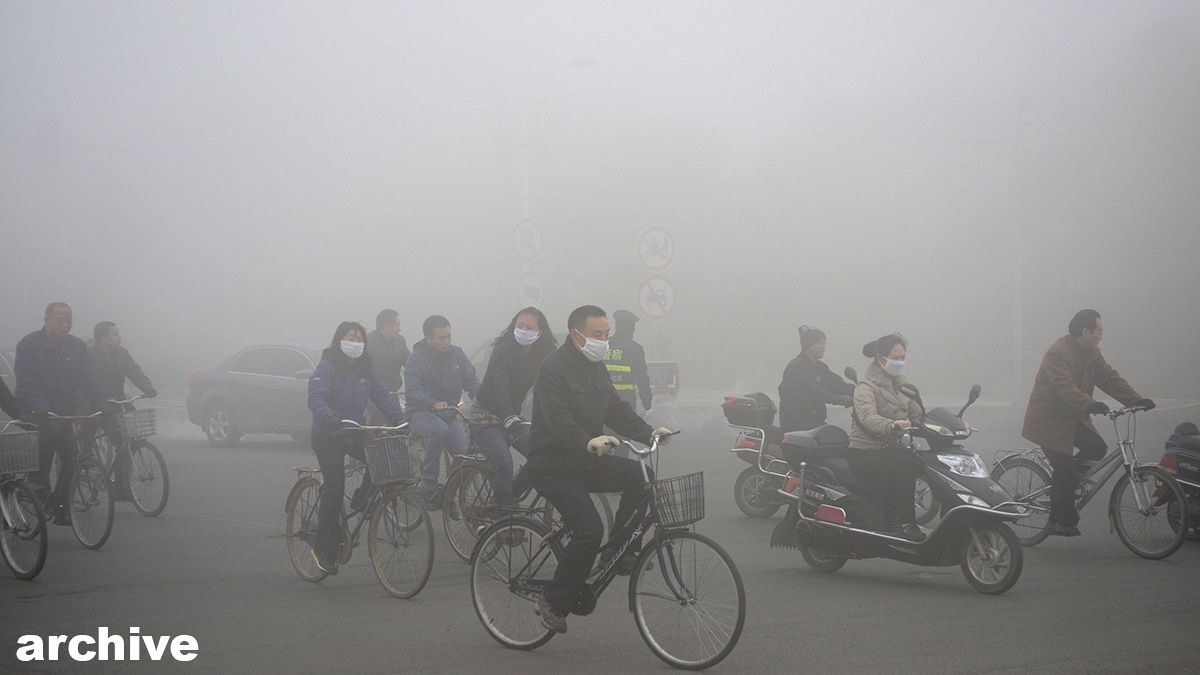Super-polluting Hebei province is sounding the alarm for subsidies in northern China. Last year, the province was home to seven of the country’s 10 most polluted cities, and its steel, coal and cement plants produce toxic smog that affects people’s health, including in the capital, Beijing, surrounded by Hebei.
Prime Minister Li Keqiang ‘declared war on pollution’ early in March, with public anger growing over the toxic state of China’s air, water and soil. The government ordered cuts in steel production and coal consumption, and tough emission reduction targets. Premier Li said efforts must focus first on reducing hazardous particulate matter known as PM 2.5 and PM 10. Outdated energy producers and industrial plants must modernise.
Hebei province officials say too much of the burden lands on them. The city of Handan alone, responsible for a quarter of national steel output, calculates that reducing capacity will put 43,000 people out of work. With this projected in many cities, Beijing itself faces a consequent increase in social pressures, risking unemployed steel workers arriving on its already strained doorstep.
After a decades-long obsession with growth, Handan officials said: “We are asking for the state to provide policy support and funding to help with layoffs while we close outdated capacity and ease overproduction.”
These requests will not be limited to just one city or region, and would demand further huge spending.
The 27 million tonnes of old-method steel production the government aims to cut this year is equivalent to Italy’s total production capacity, yet it amounts to less than 2.5 percent of China’s total. And plants with another 30 million tonnes of annual output went into construction last year, industry officials said.
Cement production is to be slashed by 42 million tonnes, and 50,000 small coal-fired furnaces are to be shut down across the country, Li said. The cement closures amount to less than 2 percent of last year’s total production.
To boost non-fossil fuel power, Li promised change in “the way energy is consumed and produced” through the development of nuclear and renewables, the deployment of smart power transmission grids, and the promotion of green and low-carbon technology.
The national economic planning body NDRC said key industries should be relocated away from urban centres to help tackle smog.
Beijing has already been paying compensation for several years to firms across China that demolish outdated facilities to meet new technical standards.
It is aware that imposing urgently-needed environmental standards after letting them be ignored for so long will have a domino effect on heavy industries, carrying more political pressure linked to employment and social stability.


